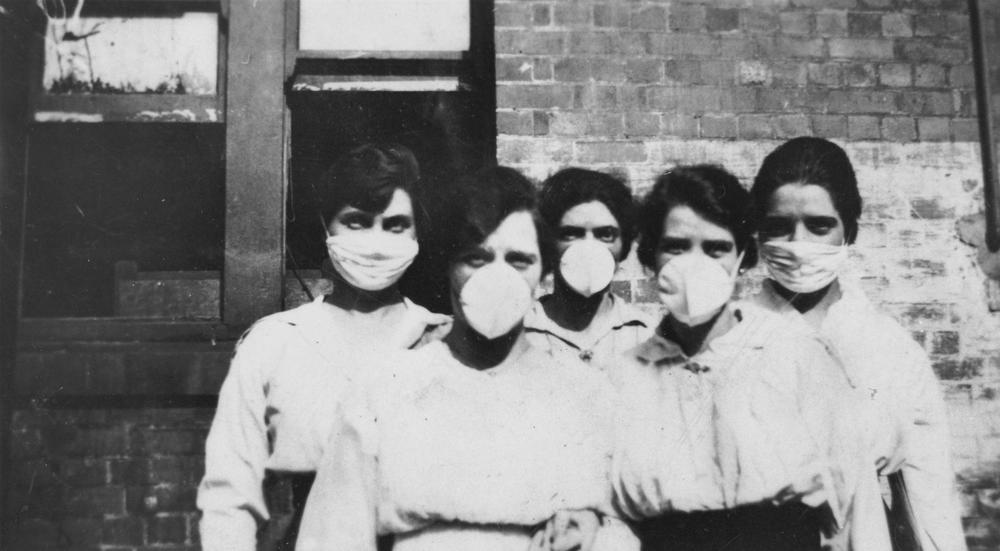From Andrew Leonard’s new Salon article about the Digital Age’s emergent servant class:
“Fancy Hands — ‘Do What You Love — We’ll Do The Rest’ — is just one entrant in a growing cohort of companies that are outsourcing all kinds of humdrum work to the ‘cloud.’ The biggest names — Task Rabbit and Amazon’s Mechanical Turk — have offered similar services for years. The market niche seems sure to boom further, propelled by a generation completely comfortable with turning to the smartphone as the first place to look for work.
The best cloud labor start-ups have received plenty of laudatory press coverage and rave reviews from users. In the specific case of Fancy Hands, one can instinctively understand the appeal. Who wouldn’t want their own executive assistant on hand 24/7 to deal with the drudgery that clogs up daily life. You know you would love to ‘automate all the boring parts of your life.’ Fancy Hands democratizes access to what previously was only available to the very well off.
That’s progress — for the consumer of the service. But one thing you discover when reading reviews of these services is that the vast majority of commentary focuses primarily on the users. Far less discussion is devoted to the producers, to the phenomenon of a new and growing class of drudges — the peons now making your phone calls and conducting your Google searches and washing your cars and toilets. These are not your father’s jobs. The typical Task Rabbit or Fancy Hands employee is invariably an independent contractor eligible for no benefits, quite often working for rates well below minimum wage, and able to exert zero leverage to resist employer abuse.
There are no paid holidays, no sick days and no health benefits in this new ‘distributed workforce.’ There are no unions in the world of ‘cloud labor,’ a class of worker that fits neatly into what some academics have dubbed the ‘precariat.’ Nor is it hard to understand why coverage of services like Fancy Hands rarely considers such things as working conditions, because, increasingly, the workers are invisible. They’re just another computer process working behind the scenes, albeit powered by coffee, rather than electricity.
Is this the future of work?”
Tags: Andrew Leonard

